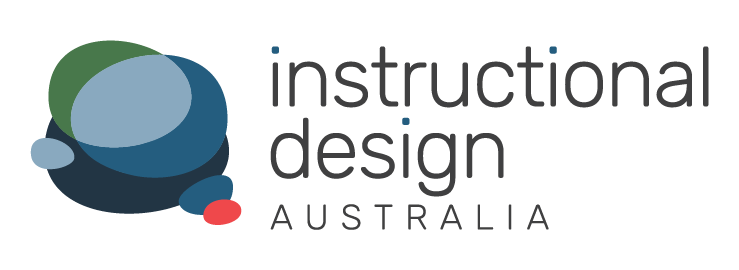Innovative Techniques for Assessing Learning Outcomes
An essential component of the learning process, assessment enables facilitators to assess learner growth and gauge the efficiency of their instructional approaches. Traditional evaluation techniques, such as multiple-choice tests or essays, might not always be able to fully capture the spectrum of learner learning outcomes. Innovative methods for evaluating learning outcomes have surfaced recently, providing fresh and interesting ways to assess learners’ knowledge and abilities. We’ll talk about a few of these cutting-edge methods in this post, along with their advantages.
Performance-based assessments
In performance-based evaluations, learners must exhibit their knowledge and abilities in a practical setting. These evaluations can be done in a variety of ways, including by compiling a portfolio, finishing a project, or giving a presentation. Performance-based evaluations are efficient because they quantify abilities like critical thinking, creativity, and problem-solving that are challenging to measure using conventional techniques.
Gamification
The application of game components in settings other than games, such as learning, is referred to as gamification. Gamification can encourage pupils to learn and involve them in class. Gamification in the context of evaluation can take many different forms, including tests, leaderboards, and badges. Facilitators can make evaluations more dynamic and enjoyable for learners by including gaming elements in them.
Peer assessment
In peer assessment, learners critique one another’s work. By having learners evaluate the work of their classmates, this strategy can be useful in helping learners get a deeper comprehension of the subject matter. Learners benefit from peer assessment by improving their communication and critical thinking abilities.
Self-assessment
Learners must appraise their own work as part of the self-assessment process. This strategy may be successful because it aids pupils in acquiring metacognitive abilities like self-reflection and self-evaluation. Learners who self-assess their learning are better able to take responsibility for their education and pinpoint their areas of weakness.
Authentic assessment
Assessments that are truly authentic demand that learners use their knowledge and abilities in authentic contexts. These evaluations can be done in a variety of ways, including case studies and simulations. As they evaluate abilities necessary for success in the job, such as problem-solving and decision-making, authentic assessments are effective.
Online tests
Due to their accessibility and ease, online tests are growing in popularity. Quizzes and examinations are just two examples of the various types of online tests. Because they offer for instant feedback and are simple to grade, online tests can be useful.
In conclusion, novel approaches to measuring learning outcomes provide fresh and interesting means of assessing learners’ knowledge and abilities. Innovative assessment methods that instructors can employ to measure learner learning outcomes include performance-based assessments, gamification, peer evaluation, self-assessment, authentic assessments, and online assessments. By incorporating these methods into their lesson plans, facilitators can aid learners in learning the subject matter more deeply and acquiring crucial skills needed for employment success.
References:
Biggs, J. (2003). Teaching for quality learning at university. Society for Research into Higher Education.
Cavanagh, M., Hogan, T. P., & Ramgopal, T. (2015). The effects of gamification on learner motivation and achievement. Journal of Educational Technology Development and Exchange, 8(1), 1-14.
Gibbs, G. (2009). Using assessment strategically to change the way learners learn. In Assessment for learning in higher education (pp. 45-61). Routledge.
Popham, W. J. (2013). Classroom assessment: What facilitators need to know. Pearson Higher Ed.
